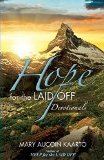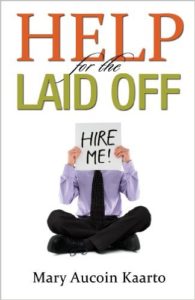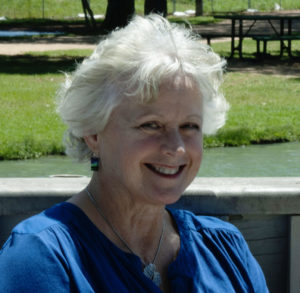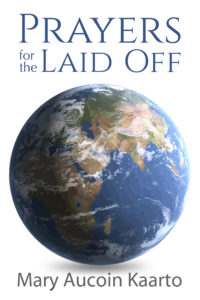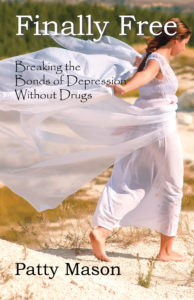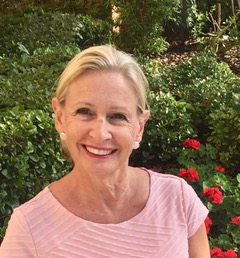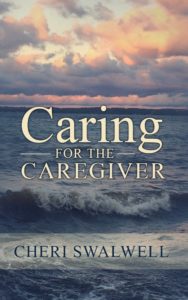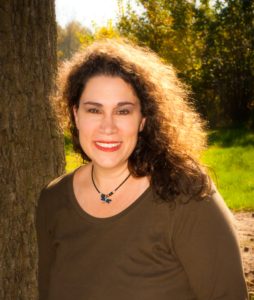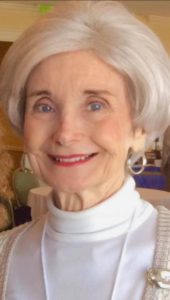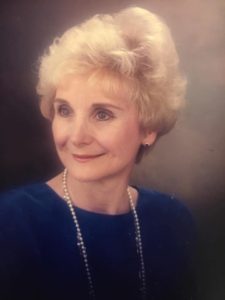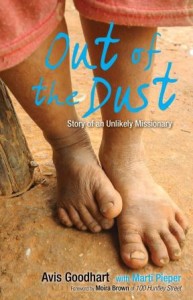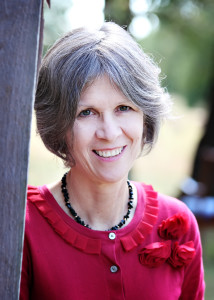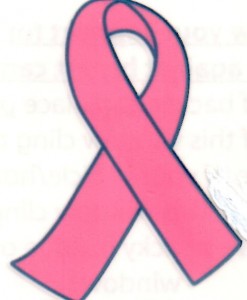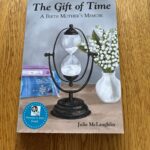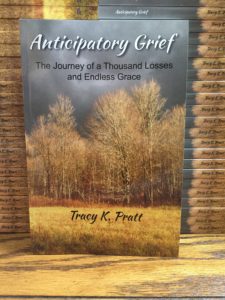 When you know loss is coming, when does grief begin? Afterwards? Or before? And how do you work through it? Tracy K. Pratt’s book, Anticipatory Grief: The Journey of a Thousand Losses and Endless Grace, is a book I have looked forward to sharing on Heart Talk before the writing was even finished. At a writer’s critique group Tracy and I both belong to, Tracy brought one of the chapters of this book to be critiqued when she was still in the process of writing it. The response from a woman in the group who had been battling cancer for years was so poignant and dramatic, the rest of us ended up in tears. The woman with cancer urged Tracy about the need to have it published. Now it has. This is a book for those who are facing grief but don’t know what to do with it. The writing is beautiful, poetic, and soul warming. I’ll let Tracy describe the book herself –in a way only she can do—in the interview that follows.
When you know loss is coming, when does grief begin? Afterwards? Or before? And how do you work through it? Tracy K. Pratt’s book, Anticipatory Grief: The Journey of a Thousand Losses and Endless Grace, is a book I have looked forward to sharing on Heart Talk before the writing was even finished. At a writer’s critique group Tracy and I both belong to, Tracy brought one of the chapters of this book to be critiqued when she was still in the process of writing it. The response from a woman in the group who had been battling cancer for years was so poignant and dramatic, the rest of us ended up in tears. The woman with cancer urged Tracy about the need to have it published. Now it has. This is a book for those who are facing grief but don’t know what to do with it. The writing is beautiful, poetic, and soul warming. I’ll let Tracy describe the book herself –in a way only she can do—in the interview that follows.
Linda: What motivated you to write Anticipatory Grief?
Tracy: I wanted to answer this question: What would I have picked up, read, and found to be good news when our daughter Hannah was growing up?
Grief shadowed my husband, Coleman, and me from the moment Hannah was diagnosed with cystic fibrosis (CF) at 5 weeks old in March, 1982. At that time, the life expectancy was 12 years. Her rough start indicated we would outlive her. Coleman would want to voice his sorrow. As her primary caregiver who fought the disease daily, I could not face that probability. I fought for my dreams that one day she would know the deep love of a man like I did, that she and I would be good friends in my old age.
In March 2007, six months after Hannah’s death, Coleman and I listened to a video in Grief Share. The speaker said as a side note that whenever a loved one is diagnosed with cancer or any life terminating disease, we anticipate their death.
We grieve. Immediately. And continually.
In less than 10 seconds, the speaker gave an identity to the emotions, stress, uncertainty and cloud of sadness we experienced from the moment of her diagnosis to her death. Our “normal” life with CF, which included progressive losses over her lifetime, was real. The speaker’s words lifted the years of unspoken heaviness. Relief overwhelmed us. We exchanged smiles and joined hands.
I want to give that relief to others and lead them to what they may not know. They grieve before loss. It is not a sin but a gift.
Linda: Do you think you achieved your goal? Would you have read this book when Hannah was 12?
Tracy: Yes. Within its pages, my younger self would have found an honest fellow-pilgrim, who did not provide formulas or try to sugar-coat the journey. Instead, she would have found a woman with a voice rich with compassion who knew a hope that does not disappoint in unfixable circumstances.
I would have found the book approachable because of its format. Chapters are easy to read with natural breaks between sections to pause and process the content. The metaphor of autumn pictures well how beauty and goodness bloom in our painful, and unavoidable circumstance. The use of “I” and “us” sets a conversational tone between the reader and author.
Linda: What role do you play in the mental and spiritual health of someone in anticipatory grief?
Tracy: I accompany others in their journey as a fellow-pilgrim who has traveled through the autumn of loss more than once and no 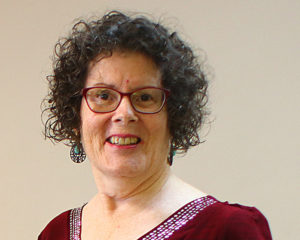 doubt will again. My greatest contribution to a traveler’s anticipatory grief is to remember what my younger self needed. That focus equips me to encourage and assist women so they can live in that tension with healthy habits and hope.
doubt will again. My greatest contribution to a traveler’s anticipatory grief is to remember what my younger self needed. That focus equips me to encourage and assist women so they can live in that tension with healthy habits and hope.
Linda: People have varied opinions about grief’s importance in our lives. What is yours?
Tracy: I believe grief is a gift from God. Unwanted? Yes. Uninvited? Definitely.
But, trustworthy.
I believe the ultimate purpose of grief is to lead us to greater intimacy with Him—greater than what Adam and Eve knew in the Garden of Eden. The core cause of all sorrow is our separation from Him. His greatest grief is our natural bent to choose our own way which began when Adam and Eve doubted God’s goodness.
God is is not distant nor unaware of grief. In Chapter 3 of the book we travel through the Bible beginning in Genesis and see God experienced personal grief. We see in the Gospels Jesus grieved at Lazarus’s tomb, in the Garden of Gethsemane, and most importantly on the cross. There Isaiah’s prophecy (Isaiah 53:6) was realized. God laid on Jesus the sin of us all. I believe in that moment when He cried out “My God, my God, why have you forsaken me?”, Jesus knew the full weight of our deepest grief. Our separation from Him.
That is why I believe grief’s greatest and good purpose is to lead us to God who does not judge us for grieving our treasures. Our broken hearts cry Jesus’ words in our pain. God does not forsake us. In our anguish, He draws near. Sometimes he pulls us to Himself and whispers, “I know.” Other times He stands silent waiting for us to trust Him.
Grief wakens the soul to our true existence. We read in Genesis 1:26-27 that God shaped us in His image. Solomon writes in Ecclesiastes 3:11 that God placed eternity in the hearts of humans. We are designed for an eternal relationship with Him above other treasures. Grief before and after loss opens the soul to the naked reality that what we hold dear in this world does not satisfy the undying longing in the soul. He does.
Linda: What specifically do you mean by “treasure”?
Tracy: A treasure is anything or anyone we hold tightly in the heart.
We lose things we love. A job. A house. Cancer, cf, Alzeimer’s and other diseases steal the bloom of our health, or of a child, a spouse, or parent.
Dreams shatter. Mine did as Hannah’s mother. Other circumstances such as drug or alcohol addiction crush a parent’s dream. A woman lies in bed alone, her heart broken. Her husband wants a divorce. A college quarterback headed for the draft suffers an injury that jeapordizes his promising career. The perpetual single aches for that one true love.
Seasons end. Parents leave their last child at college for their freshman year.
We should treasure things and people. They are gifts from God. But, they die. And we grieve, as we should. Death should not be.
Linda: Why do you use autumn as a metaphor for anticipatory grief?
Tracy: In autumn, the mountainside’s dress of summer green fades. Deep scarlet, golden yellow, and burnt orange blossom. How ironic. We flock to see leaves die, yet not once does that reality cross our minds. We are in awe of the beauty that blooms.
The earth shifts its face away from the sun. Sap slows. The leaf slowly starves. Its true color erupts. This pictures the dramatic spiritual transformation that God does in us when winter threatens our treasures. We can be assured as the relentless chill whips about our treasure that the seed of trust burrowed in the soil of His promises will take root come spring.
Linda: How are you a fellow-pilgrim to other women in their anticipatory grief?
Tracy: Imagine a weekend retreat in mid-October at a lodge in the mountains.
Now envision a place online that refreshes and renews a woman in the autumn of loss with that kind of respite. This is the purpose of my website. It’s tagline is “Beauty blooms in our broken places.”
My blog, Artful Soul Care, on the website, offers restoration like curling up in an overstuffed chair with hands wrapped around a hot mug of cider or cocoa, or on a hike tramping through fallen leaves on the mountain. This is a place to engage with creativity, to receive practical guidance, and to gain spiritual direction so that a woman’s soul is not overwhelmed by the day to day tension of anticipatory grief.
Paper Plate Studio, also on the website, provides visual refreshment. Photographs, paintings, posters, and cards are available for purchase. They celebrate God’s good eternal story, His hope, beauty, and goodness we discover in the insignifcant, broken, and sorrowful places of our lives.
Artful Soul Care on Facebook is a private group that opens Wednesday, July 1. That day, and the following three Wednesdays at 7 pm, I will be doing four part session “Four Habits for the Journey.” Reading the book is not necessary nor is being in anticipatory grief to join the group. We all have traveled or will travel the autumn of loss in big and small life-changing ways. And, we have, or will have friends who live in the season. Joining provides community, encouragement, practical helps for the journey and keeps God’s eagle perspective in sight while traveling.
Linda: Where can people purchase your book, Anticipatory Grief?
Tracy: Anticipatory Grief: The Journey of a Thousand Losses and Endless Grace can be found on Tracy’s website and on Amazon,

